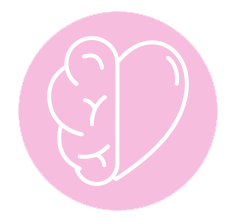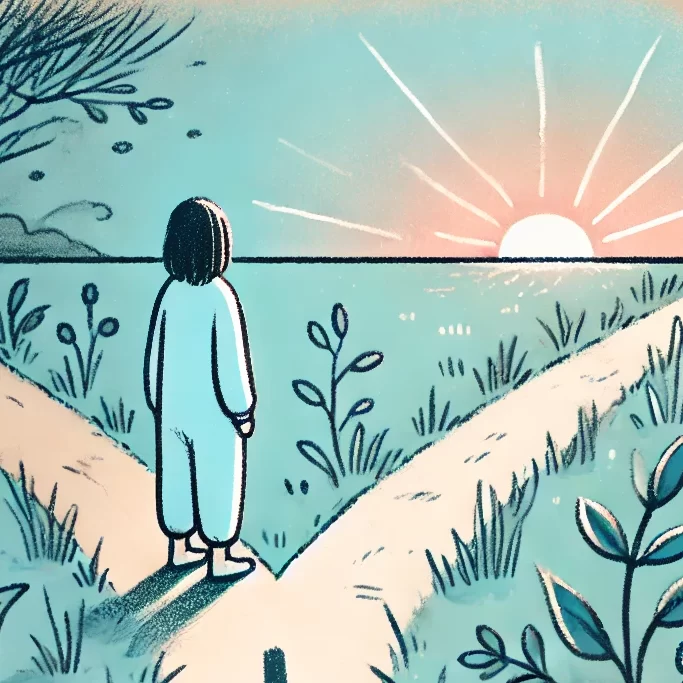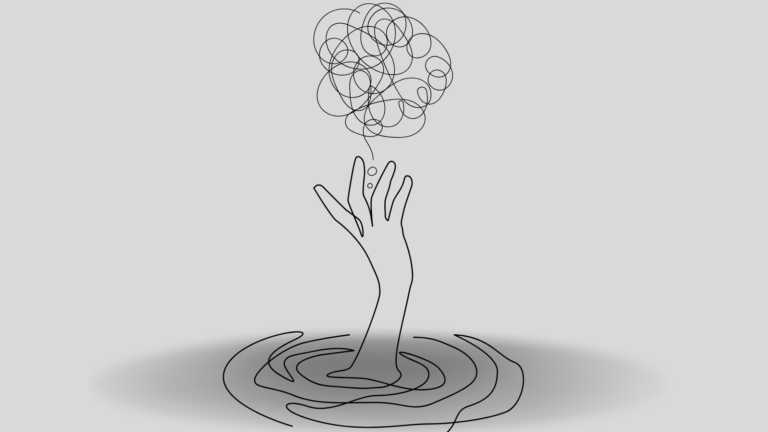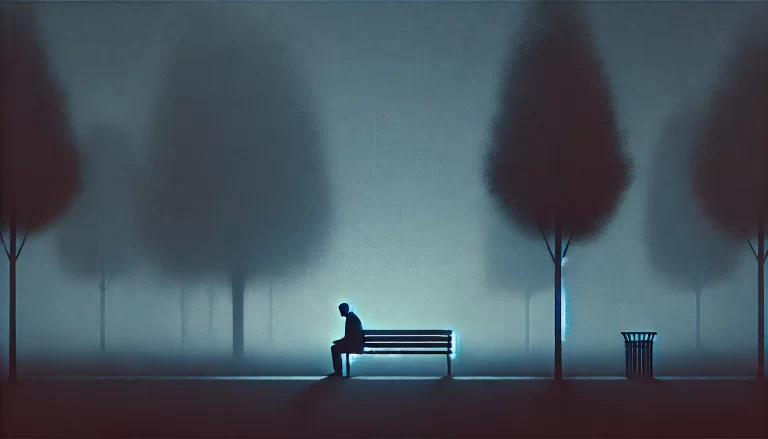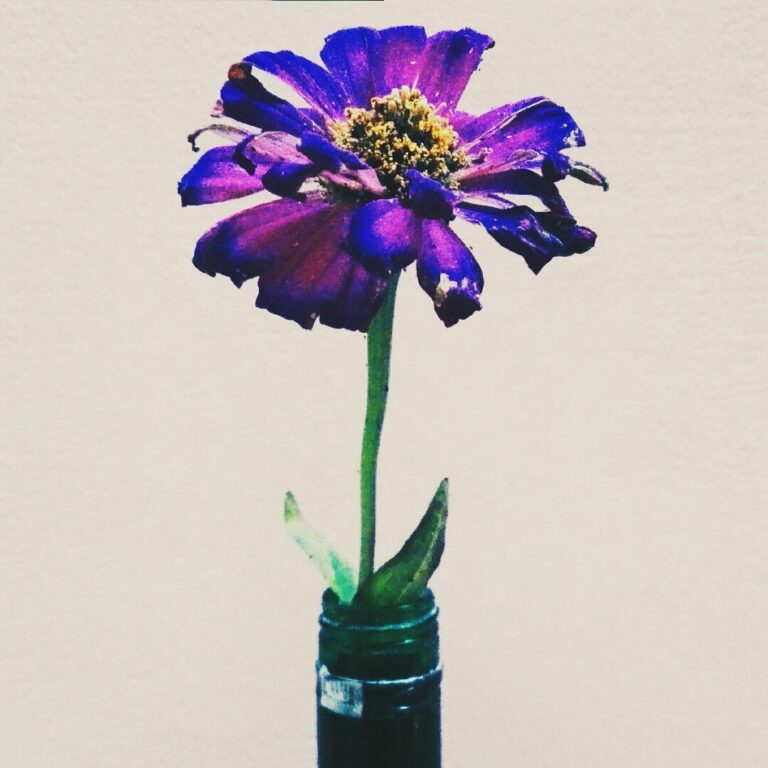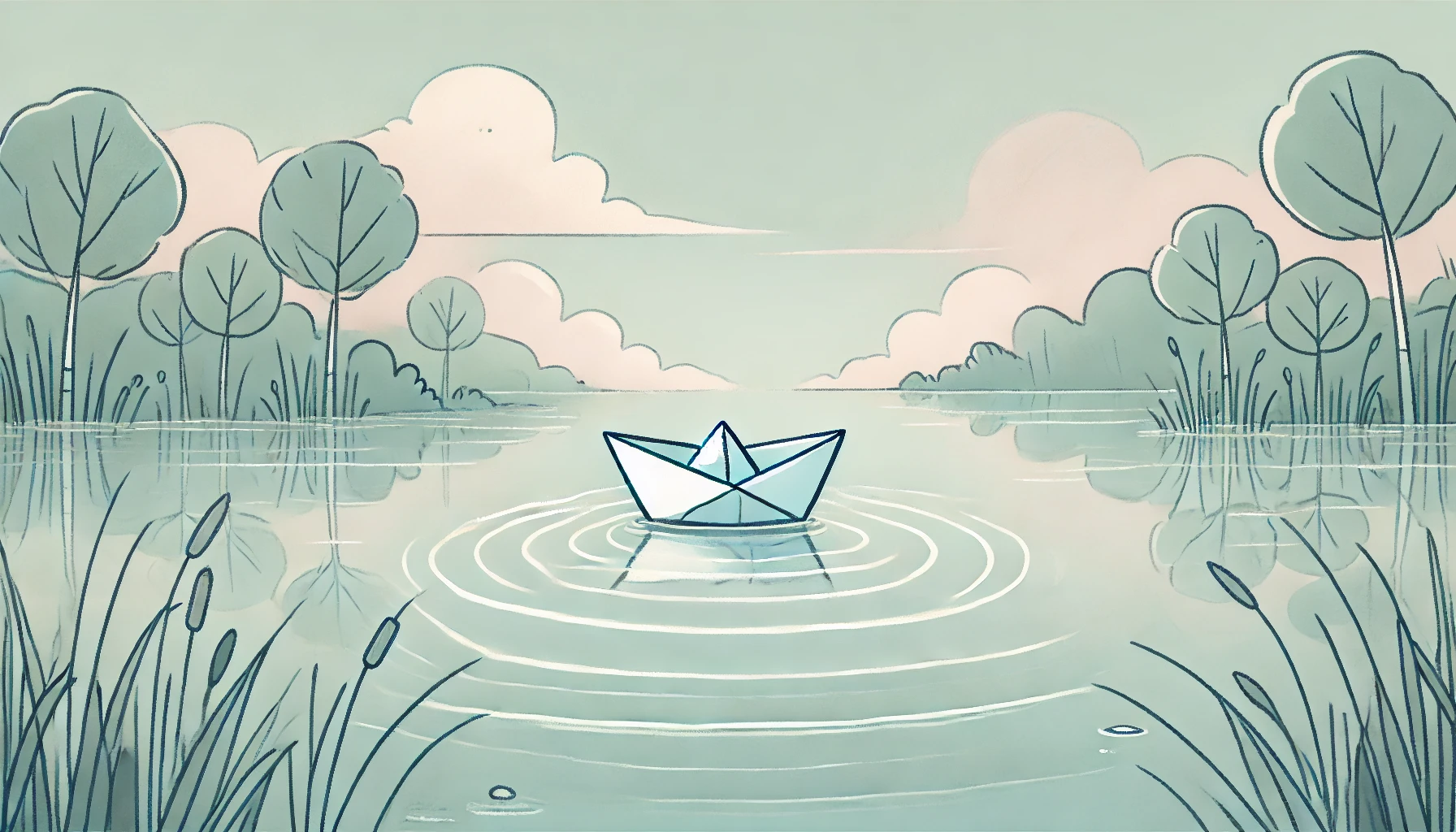
I’ve always been the person who preaches forgiveness. The one saying “just let it go,” brushing off hurt and moving forward without holding grudges.
But the older I get and the more life decides to humble me, I realize there’s only so much forgiving you can do before you start losing little pieces of yourself and you start confusing forgiveness with self-betrayal.
Somewhere deep inside, I’d internalized this idea that if I chose not to forgive, it somehow made me a bad person. Ungodly. Unkind. Falling short of the “good example” I thought I was supposed to live by. That guilt creeps in when you least expect it. Even when you’re protecting yourself.
The Bigger Person Problem
At some point, always being the bigger person just starts making you feel… smaller. And I’ve come to learn that maybe the problem isn’t you; but maybe you’re just hanging around too many little people.
(And no, this is not about height. I’m 5’1, life from this altitude is already humbling enough.:))
I mean the people who never take accountability. The ones who leave you with the mess. The ones who expect you to do the emotional labour of forgiveness while they screw up over and over again.
There’s this silent, never-ending expectation to just keep forgiving. To turn the other cheek and take the high road. But no one talks about how lonely the high road is when you’re the only one walking it.
When you reach this point of realization, it’s not about forgiving them.
It’s about asking yourself why you’re still sitting at the same table with people who keep serving you pain.
Is forgiveness always the answer?
In therapy, we talk about forgiveness a lot- how it’s essential for healing, how holding onto resentment can keep you stuck, how you have to forgive others, and even yourself, to finally move on.
But I find myself wondering… Is it really forgiveness that you need? Or is it just release? Is it simply the act of putting the weight down, regardless of whether or not the people who hurt you ever change?
I used to think forgiveness worked like one of those fake-it-till-you-make-it things; like peace would follow if I just kept pretending I was over it. But it never did.
And what does forgiving yourself even mean? How do you do it? Is it true you can’t move forward until you do?
It’s one thing to forgive other people for what they’ve done. But forgiving myself for the times I stayed too long, tolerated too much, kept turning the other cheek when I knew I was running on empty? That’s been harder.
But Doesn’t Forgiveness Heal You?
You hear it everywhere- “Forgiveness is part of healing.” “Forgive yourself to move on.” And yes, there’s truth in that.
But there’s a part that often gets overlooked: Forgiveness doesn’t mean pretending nothing happened. It doesn’t mean excusing the harm. And it definitely doesn’t mean forcing yourself to feel peace when all you feel is hurt.
There’s a point where forgiveness stops being healing and starts being harmful:
- When it’s about survival, not growth.
- If you’re just trying to keep the peace, not stir the pot.
- When you’re handing out second chances like candy to people who’ve already chewed you up and spit you out.
But here’s what I’m learning- you don’t have to forget to move on. And you can protect your peace without playing the martyr.
Forgiveness doesn’t always look like reconciliation or wiping the slate clean. Sometimes, forgiveness is simply saying:
“I don’t have to keep reliving this.”
“I don’t have to keep holding this pain.”
“I’m done carrying this. I’m done carrying them. And I’m done carrying the shame of finally choosing myself.”
That might look like forgiveness from the outside. But inside, it’s something quieter, more personal. It’s just you choosing to finally let go of what’s too heavy to keep carrying.
Is Forgiveness Even Necessary?
Here’s what I tell clients now, especially the ones who feel stuck on this idea that they have to forgive in order to heal: Don’t force it. Ride it.
Sit with the anger. Sit with the hurt. Let them run their course.
Because the truth is, anger isn’t always toxic. Sometimes it’s clarity. Sometimes it’s the only thing keeping you from going back to a place you don’t belong.
And the hardest person to forgive is yourself for:
Ignoring the red flags.
Letting them hurt you again.
Believing people would change.
But do you have to forgive yourself to move on?
I think… yes. But not in some big, dramatic, ceremonial way. You don’t have to write yourself a letter or shout it from the rooftops. Yes, you can let go of what has been eating your mind without having to be the bigger person or make excuses. You just have to decide you’re done punishing yourself for being human.
That’s it.
That’s the moment healing starts.
If You’re Feeling Forgiveness Fatigue Right Now…
Just know that you’re not a bad person for being tired. You’re not “lesser” for being angry. You’re not failing some invisible moral test because you decided your heart has limits.
And if you’re still figuring out how to forgive yourself?
Same. Me too.
That’s just part of the process. The first step is realizing you never had to be superhuman in the first place.
You Don’t Have to Do It All Today
Release isn’t linear. Some days you’ll feel light and free. Other days, the weight sneaks back in. The goal isn’t to become some perfectly healed, endlessly forgiving, endlessly loving person who never feels hurt or anger again.
The goal is just peace. Whatever that looks like for you. Maybe that’s walking away and saying, “I forgive you, but I’m done.”
And when you’re ready, in your own time, forgiveness can be yours too.
Not as a gift to them.
But as freedom for you.
